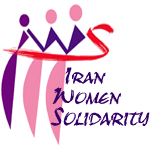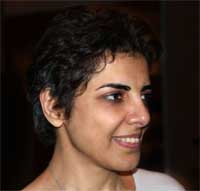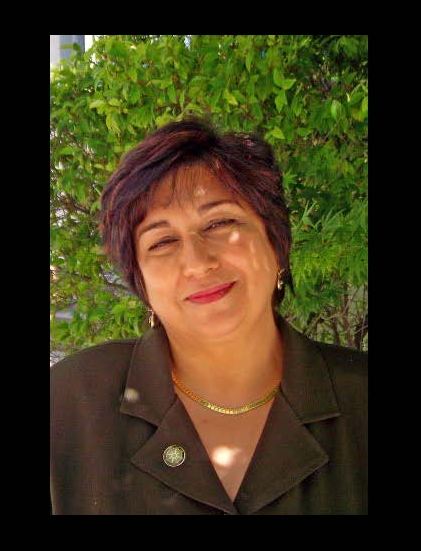Usually, in interrogations or attacks against members of movements, human rights defenders, journalists, etc., intelligence officers focus on two issues more than anything else: one is to find the weaknesses of the persons being interrogated, so that they can be muted or silenced under pressure and attack; and the other is to identify society’s sensitivities against the persons being interrogated, so that they could be stopped by instigating the society against them – in other words, an unethical act to strengthen policing and authoritarian culture in society.
The Iranian television as well as Kayhan newspaper have recently published security accusations against women’s rights activist Shirin Ebadi to pave the way toward her confrontation.
Does presentation of such accusations affect society as it did before? Time and again we have heard in connection with criticizing discriminatory gender laws in our country that our society’s culture is more advanced than the country’s laws. For example, even though the law is still outdated, social norms no longer accept marriage with underage girls. If our culture were not more advanced than our country’s laws, we would not have witnessed such widespread condemnation coming from all segments of society in opposition to the anti-family law. Our society’s culture is more advanced than not only our laws, but also our government’s authoritarian culture. Attempts to free justice-seeking individuals and civil society activists, whether male or female or belonging to women, workers, or student groups, and belonging to any religious, ethnic or gender minority is a huge step toward democratizing each individual, society, even government – and in other words, bringing down the foundations of our historic traditions.
Rules have, time and again, agitated the Shia against the Sunni to concern them with their differences, but now, aware Shia, Sunni, Turkish and Kurdish activists are trying to leave such agitations unanswered and resist against agitations by trying to work together. Those in power have tried to transcribe into our brains since our childhood that the Jews smell, Bahais are dirty, etc., in order to fuel religious conflicts. However, many of us now know that, in order to achieve a humanitarian society, paying attention to minority rights and not their violation is a condition. Rulers have tried to close the way on defense of minorities such as Bahais through fear and allegations of acting against religion, or portray defense of homosexuals as prostitution; or identify activists in the One Million Signatures Campaign as being terrorists, despite their peaceful activism. All such actions are to agitate a part of society against another part, meaning women and minorities, to institute more fear and terror against participating in social and organizational activities.
Defending rights of women, sexual, ethnic, religious and other minorities are perhaps indicators of democratization in society. Perhaps it was not frightening to defend women’s rights before, but now failure to defend women’s rights will be condemned widely by women in society, even if it is not always fruitful. Defending the rights of minorities also is an experience of this sort.
Now, although defending the rights of minorities is considered by rulers as political activism, or activism against religion or the country’s territorial integrity, however, it seems that our civil society is in the process of overcoming the government’s resistance. If in the past, due to authoritarian culture and governance, high sensitivity bar and low resistance, our society had limited understanding and exposure to differences, we now have a society that, due to cultural improvements, progress and maturity of movements and the ability to self-criticize behavior, whether individually or collectively, is thriving with a culture of plurality and anti-authoritarian.
We are gradually learning that the more we see those exiled to society’s “periphery,” the more we are able to understand differences and respect the rights of our minorities. That is a move that our government has been trailing and that is why it is increasing pressure on its defenders. With such a strategy, defending the rights of women, Dervishes, students, Bahais, Zahra Baniyaghoubs, Hanas and Roonaks, Kaboudvands and Kamangars, …, do not fit in the univoiced plate of government. That is why Shirin Ebadi’s performance is not tolerated. Truly, a multi-voiced society is louder than a uni-voiced government, even if we witness confrontation and chain murders of intellectuals.


